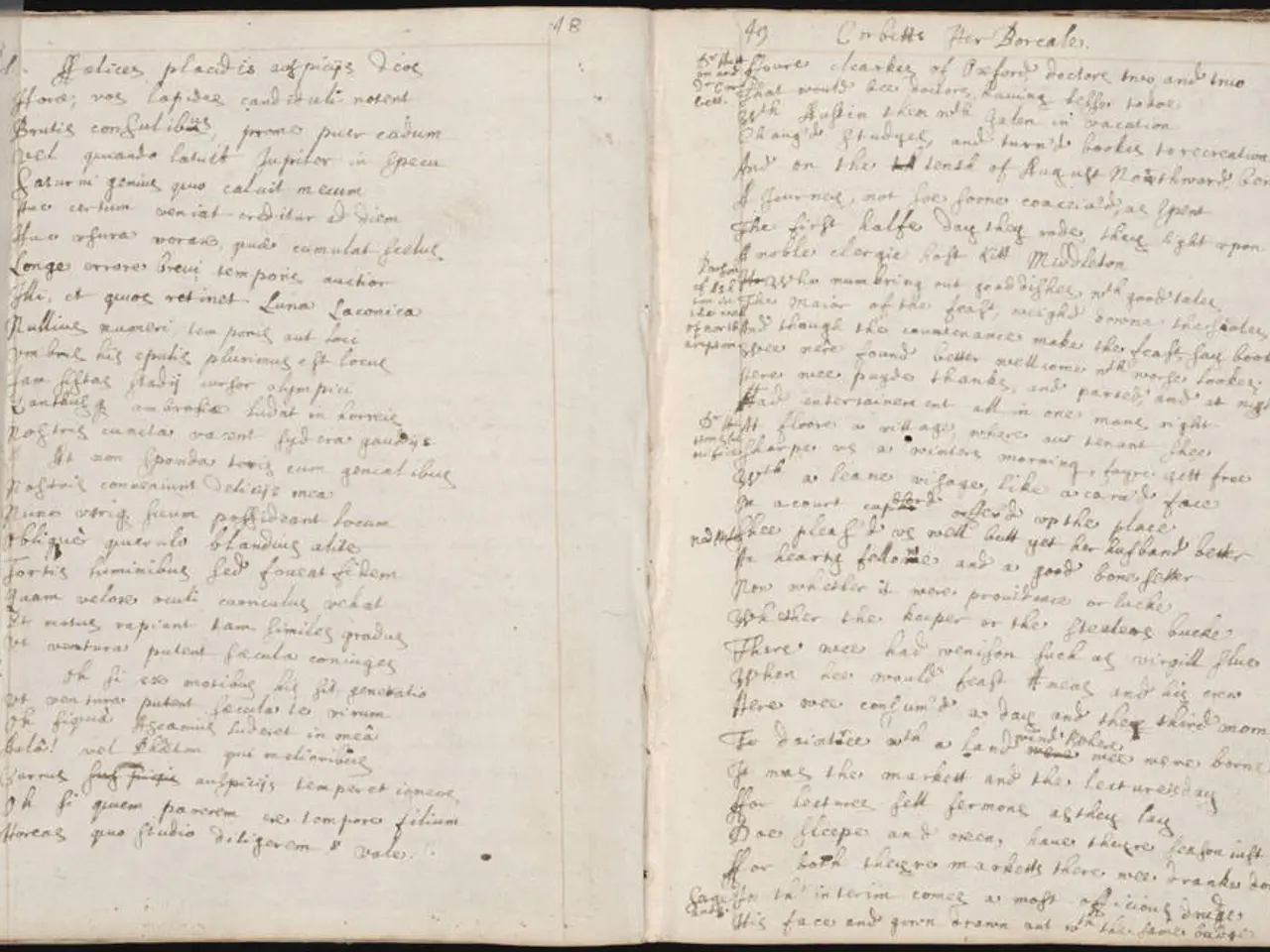Strategies for Successful Learning in IB English A: Language and Literature Examinations
In the pursuit of academic excellence in IB English A: Language and Literature, a strategic approach to studying is essential. Here are some key strategies that can help you excel in this challenging yet rewarding course.
Engage in Discussions and Group Studies
Discussions and group studies provide an opportunity to engage with diverse perspectives, fostering a deeper understanding of the subject matter. They also reinforce knowledge through teaching and discussion, making learning more effective.
Focus on Structure
A well-structured essay is crucial. Ensure your essays have a clear introduction, body paragraphs, and conclusion to present your analysis in a coherent and persuasive manner.
Core Components
- Textual Analysis: A detailed study of both literary and non-literary texts is at the heart of this course.
- Language in Cultural Contexts: Explore language's role in culture and society to gain a richer understanding of the texts.
- Intertextuality: Examine connections between texts and their influences on each other.
- Contexts of Production and Reception: Understand the influence of context on texts to appreciate their significance.
Assessment Components
- Individual Oral: Analyse a literary and a non-literary text in an oral presentation.
- Paper 1: Demonstrate your textual analysis skills by analysing unseen texts.
- Paper 2: Write a comparative essay based on studied literary works.
- Higher Level Essay (HL only): Write a 1,200-1,500 word essay on a chosen topic related to studied texts.
Study Techniques
- Active Reading and Annotation: Enhance comprehension and retention by actively engaging with the text.
- Summarize and Analyse Texts: Reinforce understanding and help organise your thoughts, preparing for writing analytical essays.
- Practice Textual Analysis: Develop the ability to analyse unseen texts under exam conditions, enhancing critical thinking skills.
- Comparative Analysis for Paper 2: Prepare for comparing and contrasting texts in essays, helping understand connections between different works.
Online Resources
Utilise platforms like SparkNotes, LitCharts, and Khan Academy for summaries, analyses, and study guides.
Practice Regularly
Write essays on different topics and seek feedback from teachers or peers to hone your writing skills.
Take Breaks
Incorporate regular breaks to avoid burnout and maintain focus.
Create a Study Schedule
Plan study sessions in advance, allocating specific times for reading, writing, and reviewing.
Set Goals
Establish clear, achievable goals for each study session.
Develop a Glossary of Literary Devices
Actively practice identifying and explaining the effects of 3 to 5 techniques per paragraph to deepen your understanding of how language shapes meaning in texts.
Use Supplementary Resources
Access personalised study tools and curriculum-specific question banks to enhance preparation.
Use Textual Evidence
Support points with specific examples and quotations from the texts.
Critical Essays and Journals
Read academic essays and journals for different interpretations of the texts.
Use Diverse Resources
Utilise textbooks, study guides, online tutorials, and revision platforms like RevisionDojo or Revision Village for guided practice and comprehensive content coverage.
Balance Study with Social and Emotional Wellbeing
Manage your time effectively and allow for social interactions that reduce stress and sustain motivation during the demanding IB program.
Additional Approaches
- Explore thematic connections across texts, such as identity, power, and justice. Reflect on how authors use language and structure to present or challenge these themes, which helps for oral assessments and essays.
- Regularly reflect on your own interpretations and responses to texts, recognising how your perspective shapes analysis, a skill emphasised in IB English A.
Implementing these techniques systematically will enhance critical thinking, analytical writing, and exam readiness for IB English A: Language and Literature.
Read also:
- Prostate Cancer Examination Guidelines, Outcomes, and Financial Aspects
- victory for Central Java communities in landmark lawsuit against textile conglomerate over pollution issues
- Weekly Proceedings in the German Parliament (Bundestag)
- Tale of Suicide of Investigative Reporter Gary Webb, Known for Unveiling CIA Involvement in Drug Trade




